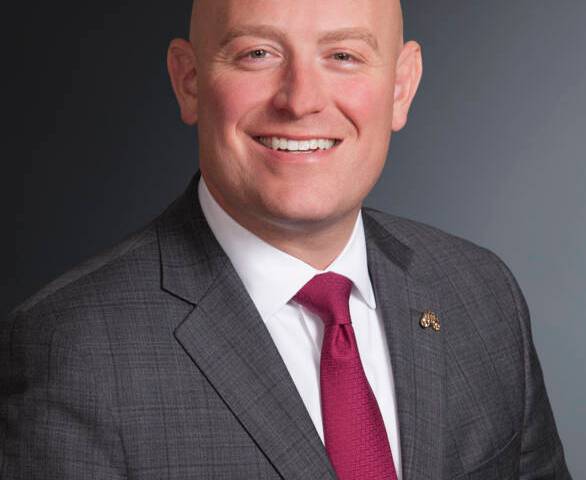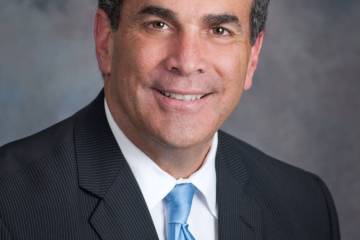Energy is one of those commodities that can go from afterthought to crisis in the blink of an eye.
That was true in the gas lines of the ’70s. It was true when the lights went out in California. It’s true when the White House sets foreign policy toward the Middle East. And it’s been true the past few months here in Nevada.
President Obama’s effort to sharply reduce reliance on coal has stolen most of the headlines. And well it should. Nevada is one of many states with work to do in the next 15 years. But we’re started on the road to weaning ourselves from coal.
The more immediate concern in the Silver State is the impending collision of NV Energy and the solar industry over state energy policy.
To hear the solar industry tell it, any limit on net metering is the death of the industry. Then it was the effort by NV Energy to impose a basic grid fee that would be the death blow. At each stage, the fate of thousands of solar jobs â mostly sales jobs, if my voicemail is any indication â is being tossed about in a cavalier manner.
To hear NV Energy tell it, the slow trickle of residential solar installation is about to unbalance the whole system and must be halted. And those who are already generating their own power must be charged a stiff fee for the security of linking to the grid as a backup, even if the result ends up costing them more than buying from NV Energy. Here the straw man victim is the poor who can’t afford to escape the grid yet will end up paying through the nose to subsidize those ‘off the grid.’
Just to be clear: Both sides have valid points and both sides are yelling a whole lot louder than necessary. Nobody is going to get KO’d in this round.
Next decade may be different.
Nevada is an ideal place for large-scale solar energy projects. And they’ll come, with NV Energy’s involvement or over its dead body. NV Energy will likely be reshaped by the experience. Tesla’s storage technology may or may not be a game changer. Net metering may not matter. Micro grids may change the equation. Residential solar as we know it today may or may not be part of the solution in the next decade. (But it’ll be fun to hear those arguing for change today arguing for the status quo then.)
The one thing that’s clear is that the next big thing will burn money before it saves it. And that’s where the concept of the “green bank” comes into focus, as Craig Ruark outlines on our Focus page today.
A few years back, I was editing a business newspaper much like this in Connecticut when that ultra-blue state started exploring public financing of energy saving programs. As an aside, one of the things that made the discussion fascinating was the fact that the state generates no energy beyond a nuclear plant that’s systematically being put out of business. It has an aggressive renewable portfolio standard that it couldn’t possibly meet unless it gives itself credit for buying hydro power from Quebec and wind power from Maine.
So what emerged was in an elaborate stew of mandated auctions at which investor-owned utilities were forced to buy scads of renewable energy, a market for trading renewable energy credits and the green bank.
Parts of that solution likely won’t fly here. But parts can and should. One of those is the green bank. Think of it like the Small Business Administration’s loan guarantee program. For a little government support, lots of private money flows where it’s needed and we all get greener. The loans â both residential and commercial â become part of the property and are paid back alongside property taxes. New owners acquire the debt.
One of the keys to that program is the regional market for selling renewable energy credits. That’s a piece of the puzzle that’s under-developed here. Part of it is a matter of scale; some of it is likely tied to our proximity to the golden guerrilla looming across our western border.
In any event, a greener future is within sight and within our grasp. Don’t let the short-term machinations of competing commercial interests distract us from a larger and more meaningful goal.
Our kids don’t want our legacy of dirty air, soaring temperatures and epic droughts. We can do better and we must.






